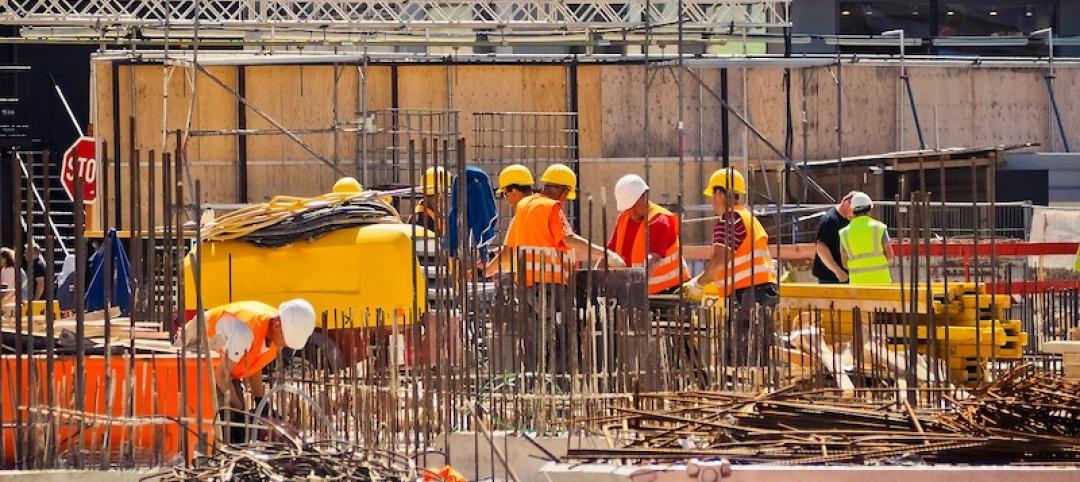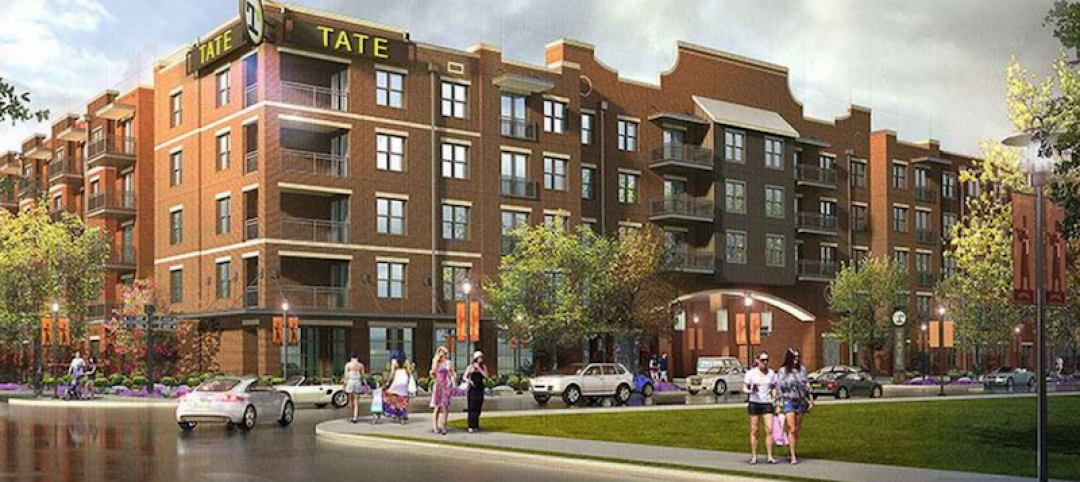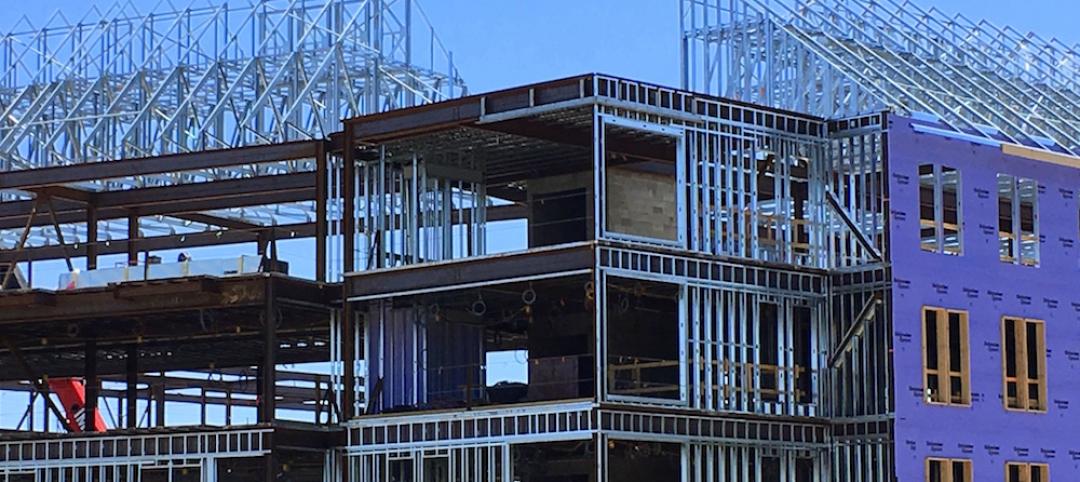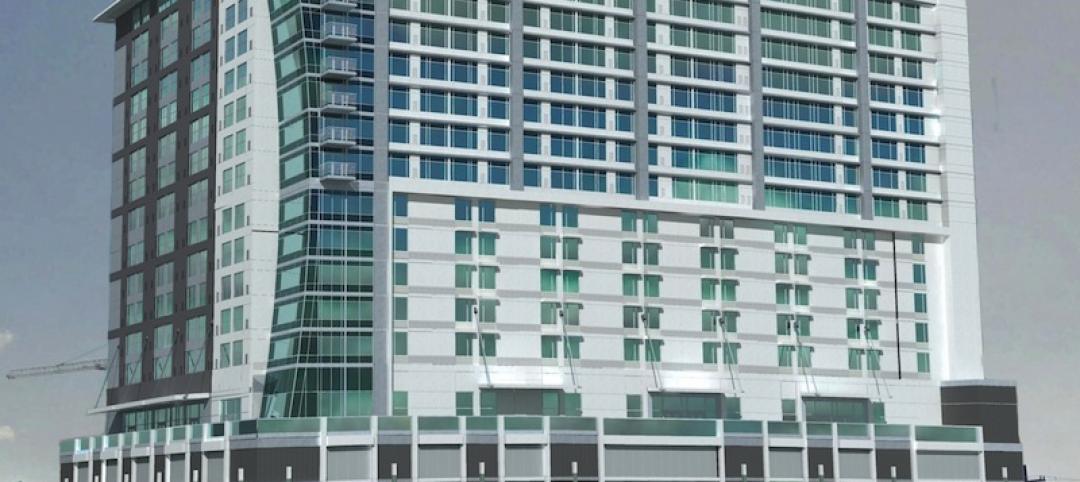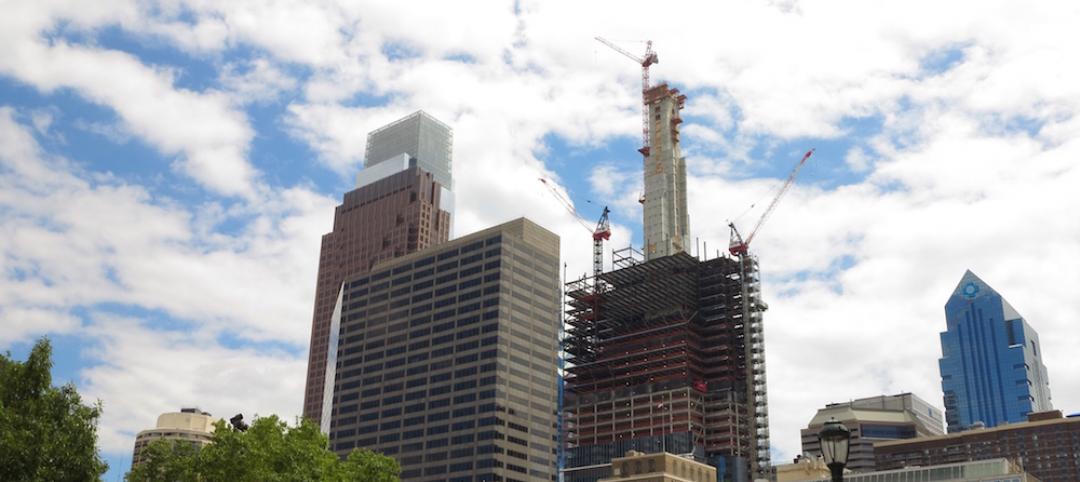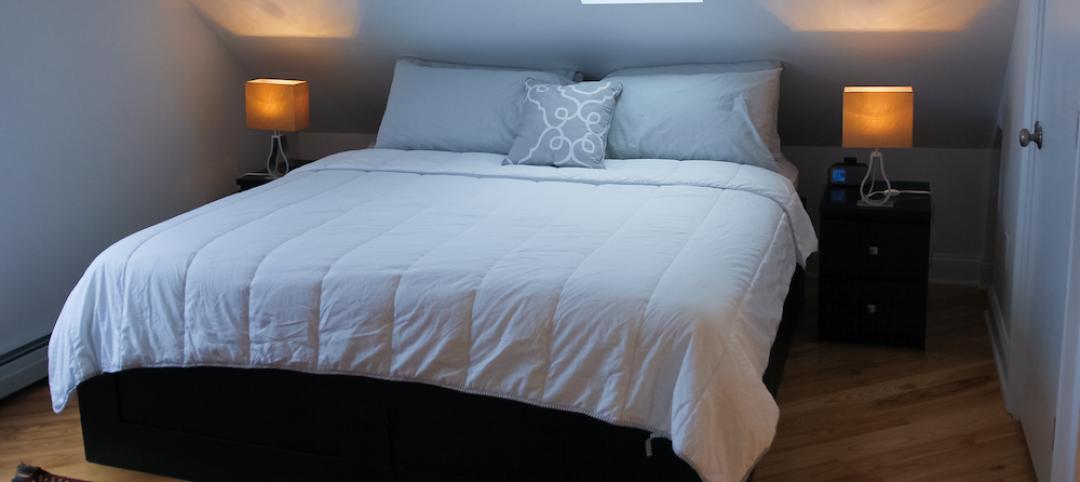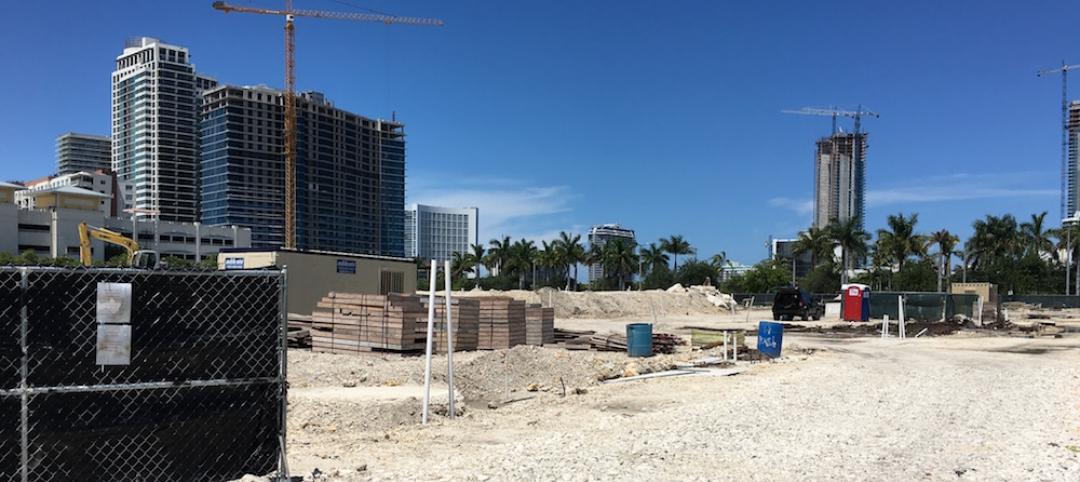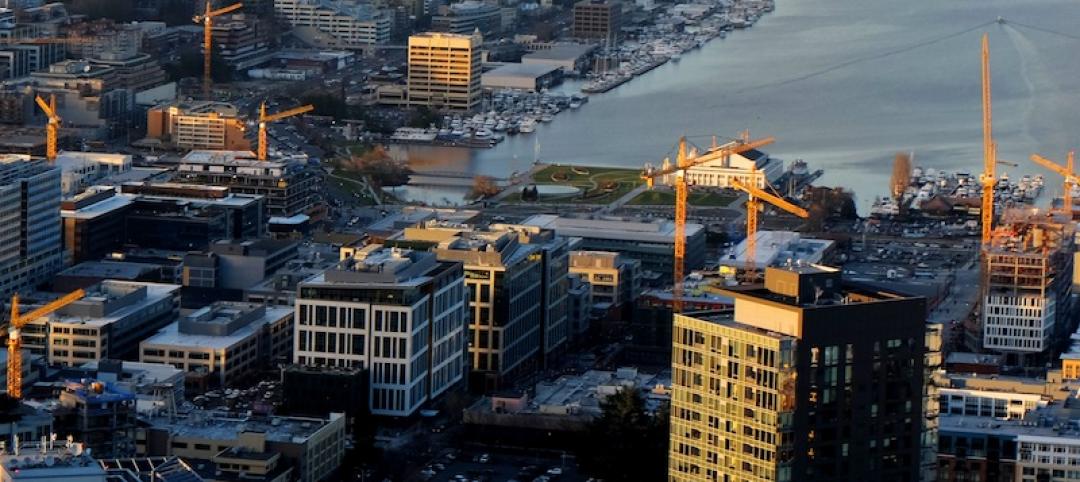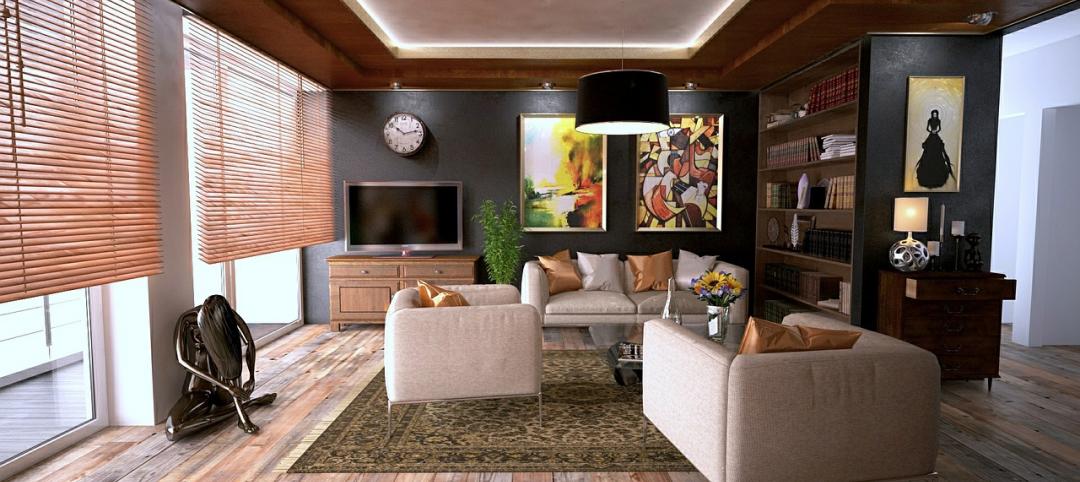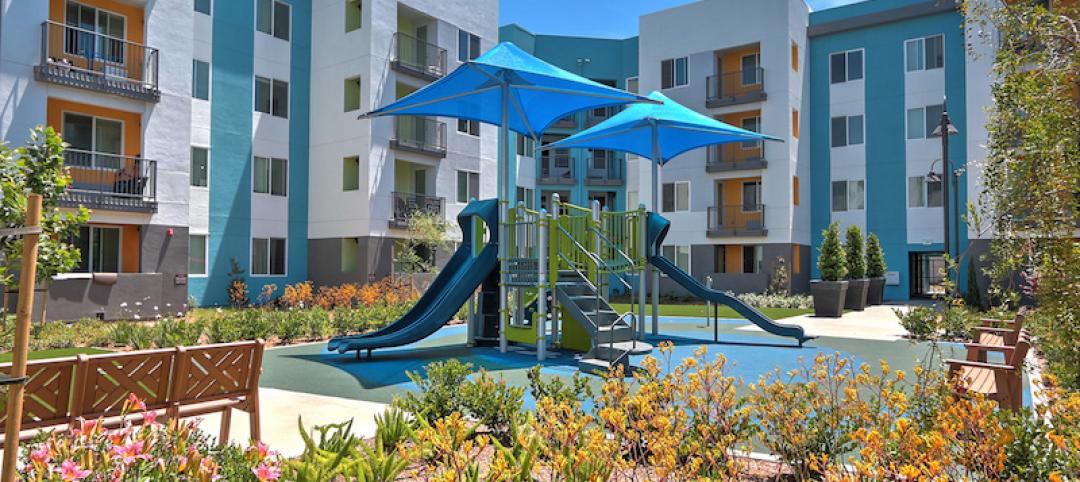Coming off of a year when nonresidential building starts fell by an estimated 7.5%, the industry is expected to bounce back in 2016, especially during the second and third quarters when the annualized growth rate for starts could hit 15% before decelerating later in the year.
However, keeping projects on schedule and on budget will continue to be difficult if, as expected, worker shortages persist, leading to higher labor costs and, potentially, construction delays.
In Gilbane’s Winter 2015-2016 Market Conditions in Construction report, which can be downloaded from here, the giant contractor forecasts nonresidential building starts to increase by 8.5% this year to 222,764.
Gilbane expects spending on nonresidential buildings, which grew by 17.1% to $386.4 billion in 2015, to keep rising this year, by 13.7% to $439.2 billion. However, spending should taper off late this year, “leading to a considerably slower 2017.”
On the whole, nonresidential building sectors should enjoy good years, according to Gilbane’s report, whose spending projections for 2016 include:
•13.6% growth for Educational buildings
•A 13.8% rise for Healthcare construction
•22.5% growth for Amusement and Recreational buildings.
•A 6% spending increase for Retail space
•A retreat in spending for Office buildings, which after gains of 21.3% and 21.4% in the last two years, should increase by only 4.7% in 2016. “Although down 15% in 2015, starts have been strong and multiple months of large volume starts will help keep 2016 spending positive. Office spending is projected to grow again in 2017,” the report states.
•Spending for lodging, which grew by 31% last year, and by 90% during the 2012-2015 period, should increase by 10.8% this year, when starts are expected to be up 16%, “leading to continued spending growth in 2017.”
•Despite a nearly 30% decline in starts last year, manufacturing-related building still hit its second-highest starts level on record, and spending jumped 44.8%. Those starts should drive spending up another 10.8% in 2016.
On average, $1 billion of spending supports approximately 6,000 construction jobs, and generates up to 28,000 jobs in the economy. But Gilbane remains concerned about the ability of contractors to find skilled labor to meet the country’s escalating construction demands. It points out that while the total construction workforce is growing and is near 7.3 million, that is still about 1 million workers short of the 2006-2007 peak.
It cites the Bureau of Labor Statistics’ Job Openings and Labor Turnover Survey (JOLTS) for the construction industry, which showed 139,000 unfilled positions for October 2015. Gilbane notes that the openings rate has been trending upward since 2012. “A relatively high rate of openings … generally indicates high demand for labor and could lead to higher wage rates,” its report states.
Gilbane’s analyst Ed Zarenski expects construction job gains of between 500,000 and 600,000 through 2017. But Gilbane still foresees shortages of skilled workers over the next five years, as well as declining productivity, and rapidly increasing labor cost. “If you are in a location where a large volume of pent-up work starts all at once, you will experience these three issues.”
Related Stories
Market Data | Aug 16, 2016
Leading economists predict construction industry growth through 2017
The Chief Economists for ABC, AIA, and NAHB all see the construction industry continuing to expand over the next year and a half.
Multifamily Housing | Aug 12, 2016
Apartment completions in largest metros on pace to increase by 50% in 2016
Texas is leading this multifamily construction boom, according to latest RENTCafé estimates.
Market Data | Jul 29, 2016
ABC: Output expands, but nonresidential fixed investment falters
Nonresidential fixed investment fell for a third consecutive quarter, as indicated by Bureau of Economic Analysis data.
Industry Research | Jul 26, 2016
AIA consensus forecast sees construction spending on rise through next year
But several factors could make the industry downshift.
Architects | Jul 20, 2016
AIA: Architecture Billings Index remains on solid footing
The June ABI score was down from May, but the figure was positive for the fifth consecutive month.
Market Data | Jul 7, 2016
Airbnb alleged to worsen housing crunch in New York City
Allegedly removing thousands of housing units from market, driving up rents.
Market Data | Jul 6, 2016
Construction spending falls 0.8% from April to May
The private and public sectors have a combined estimated seasonally adjusted annual rate of $1.14 trillion.
Market Data | Jul 6, 2016
A thriving economy and influx of businesses spur construction in downtown Seattle
Development investment is twice what it was five years ago.
Multifamily Housing | Jul 5, 2016
Apartments continue to shrink, rents continue to rise
Latest survey by RENTCafé tracks size changes in 95 metros.
Multifamily Housing | Jun 22, 2016
Can multifamily construction keep up with projected demand?
The Joint Center for Housing Studies’ latest disection of America’s housing market finds moderate- and low-priced rentals in short supply.



